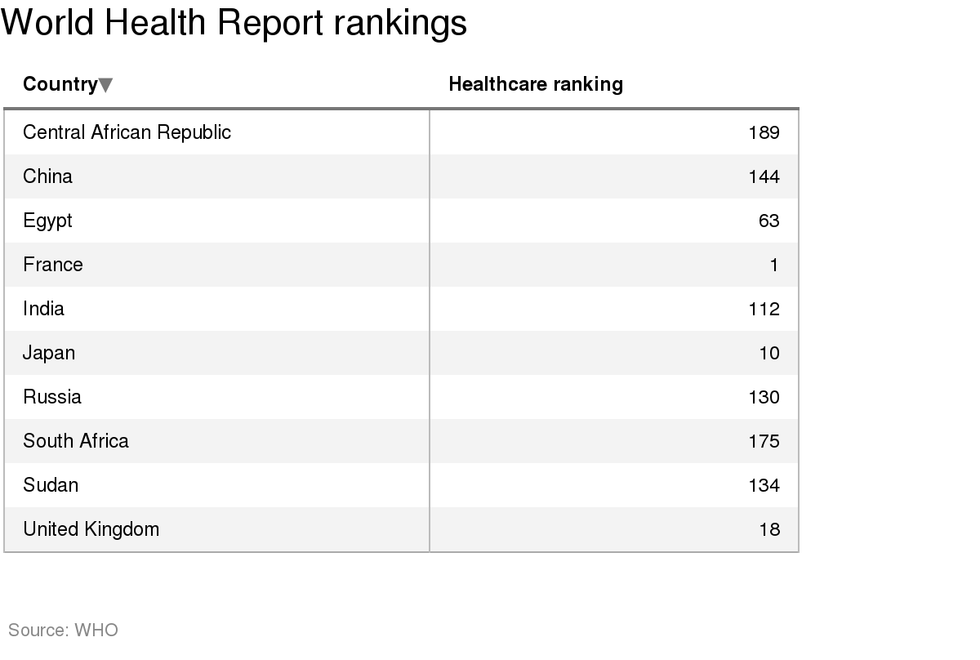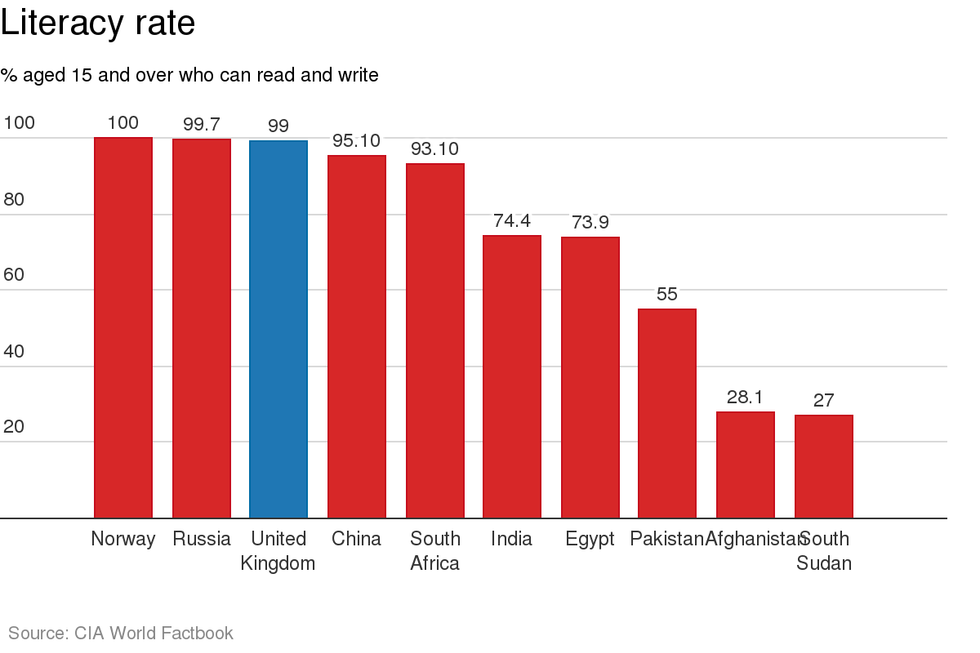Celebrities
The royal baby was born on Saturday morning at 8.34am. She weighs 8lbs 3oz.
The newborn spare heir, so called because she will likely be free of the responsibility of ever having to be monarch, is likely to be grabbing all the headlines on television, radio and online over the next few days.
Here we compare what she can expect from life compared to the 360,000 other children all born on the same day elsewhere in the world:
Weekly benefits
While a family having their second child can claim £13.70 per week in child benefit (on top of the £20.70 for their first-born), the new royal baby has been born into a vast network of wealth and security.
While the Duke of Cambridge does not receive money directly from the Sovereign Grant (that's the £35.7m the taxpayer gives to the Royal Family each year), he does receive money from the Queen's Grant-in-Aid fund and the Duchy of Cornwall (the tax-exempt estate valued at £763m in 2013 with an annual income of £19m, bestowed on the family in 1337), the surplus of which traditionally goes to the eldest son (i.e. Prince William).
If we break that £19m down into a weekly rate, the Duke and Duchess of Cambridge can expect a share of £365,384.61, compared to the £34.40 (combined Child Benefit for two babies) for the average family.
No chance of child poverty
Perceived as one of the wealthiest local authority areas in the country, inequality is a problem for Kensington and Chelsea - the borough in west London that the new royal baby will call home.
In fact, End Child Poverty estimates that 42 per cent of children in the borough will live in low income families, while around 1,150 can look forward to a childhood of living in temporary accommodation - in stark contrast then to the opulence of Kensington Palace.
The royal baby will have a higher life expectancy than most
Figures from the Office of National Statistics show that baby boys growing up in Kensington and Chelsea have an expected life expectancy of 82 years; in contrast, baby boys born in Blackpool have a life expectancy of 74.3 years.
Looking wider, the average life expectancy in Sierra Leone is just 38 years, in the Central African Republic it's 48.5 and in Ukraine it's 68.
Her standard of healthcare will be higher
Unsurprisingly, the royal baby will enjoy a high standard of healthcare in the UK, which is currently ranked 18 in the world by the World Health Organisation.
In contrast, healthcare in China is ranked at 144; 112 in India and 41 in New Zealand.
Education
Private education is extremely likely for the royal children
The UK has a literacy rate of 99 per cent. This is extremely high compared to other parts of the world, such as South Sudan, where literacy rates are at 27 per cent; Afghanistan, where 28 per cent are literate; and even Egypt, where 74 per cent are literate.
More: The best worst tweets about the royal baby (sorry in advance)
Top 100
The Conversation (0)















